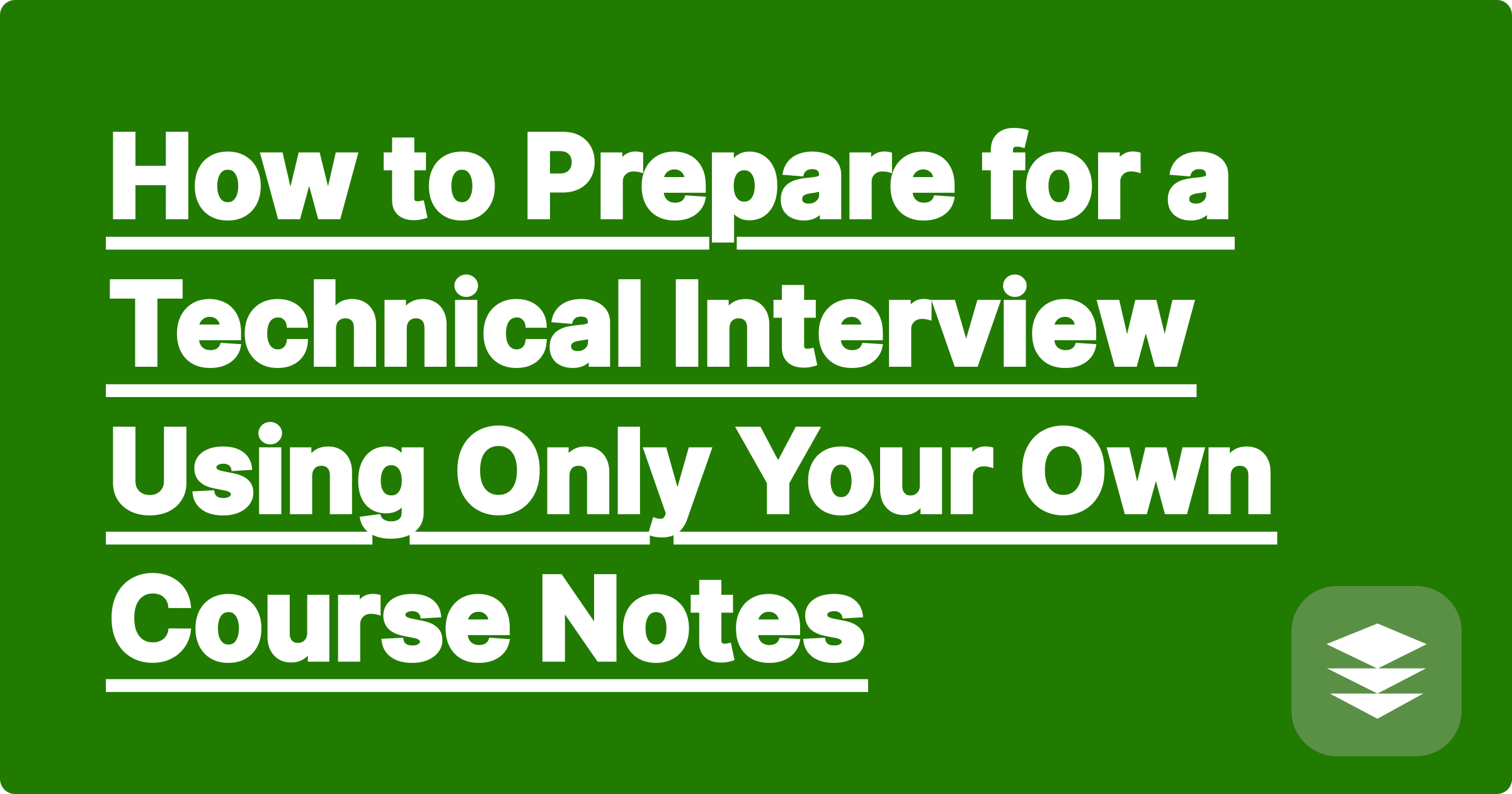
The technical interview is the final boss of your job search. It's a high-stakes, high-pressure situation where you need to recall concepts you might have learned years ago, solve problems on a whiteboard, and articulate your thought process clearly. Standard interview prep books are helpful, but they're generic. What if the interviewer asks about a niche topic that was a major focus of your specific operating systems class? The best preparation comes from mastering your own knowledge base.
The biggest source of anxiety is the unknown. You have years of notes, but what concepts are most likely to be on the interview? You can't possibly review everything. You need a way to identify the most important topics and, crucially, practice them in an interview format. You need an AI that can help you generate interview questions from notes.
A tool like GPAI Cheatsheet is perfect for this. Over your degree, you've used it as a note taker and cheatsheet builder. Now, that curated knowledge base becomes your personal interview prep engine. This is one of the most powerful forms of ai for technical interviews.
The Workflow:
[Image: A student looking confidently at their laptop, which displays a list of interview questions generated by GPAI Cheatsheet. The questions are clearly related to computer science topics. Alt-text: A student using an AI for technical interviews to generate practice questions.]
Once you have your list of questions, you can take your prep to the next level.
This method is far more effective than generic online question banks. By practicing with questions derived from your own learning journey, you are reinforcing your strongest areas and identifying your weakest. You are building a deep, confident command of the material you know best. When the interviewer asks a question, you won't just know the answer—you'll have practiced explaining it half a dozen times.
A: Yes. You could upload your resume and project list to the cheatsheet tool and prompt it: "Based on this resume, generate 5 behavioral interview questions using the STAR method, focusing on the 'Software Engineering Intern' project."
A: LeetCode is an essential tool for practicing coding challenges. GPAI's approach is complementary. It helps you master the conceptual and theoretical questions that surround the coding challenges. It's for the "Explain how a hash map works" question, not just the "Implement a hash map" task.
Your meticulously curated notes are more than just a study aid; they are a database of your personal knowledge. By using AI to intelligently query and transform that database into a practice interview, you can create the most personalized and effective preparation experience possible.
[Start preparing for your next technical interview today. Use GPAI Cheatsheet to generate custom questions from your notes. Sign up for 100 free credits.]
Your First 90 Days as a Junior Engineer: How AI Can Be Your Mentor
How to Prepare for a Technical Interview Using Only Your Own Course Notes
The 'Lazy' Way to Write Weekly Progress Reports for Your Boss
From Academia to Industry: Translating Your Thesis into a Business Proposal
How to Learn a New Programming Language in a Weekend with an AI Coach
Using a Chemistry Solver to Create the Perfect Cocktail Recipe
The Physics of Fantasy Football: Using an AI to Analyze Player Stats
Designing a Video Game Level with a Topology Homework Assistant
Can an AI Notetaker Summarize a Beethoven Symphony? An Experiment in Music Theory
The Algorithm of Storytelling: Using AI to Deconstruct a Blockbuster Movie